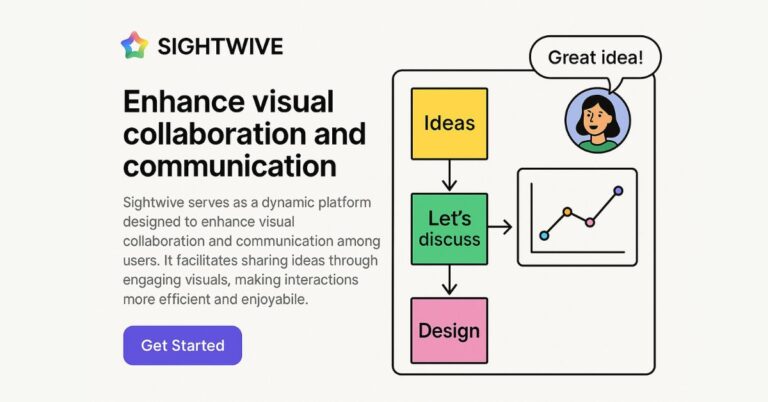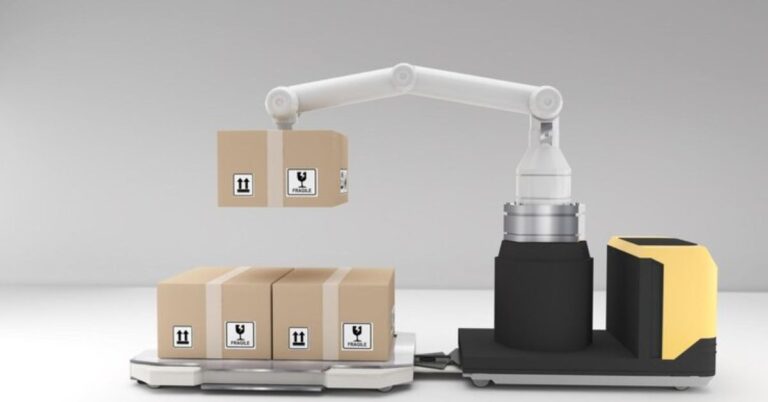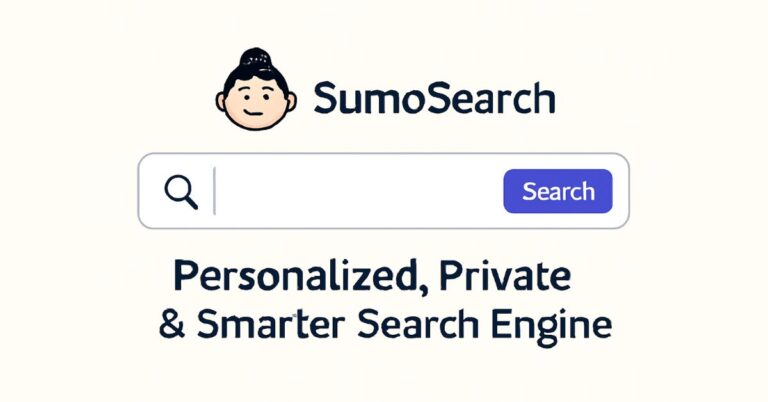How Sales CRM and Marketing Automation Tools are Revolutionizing Education

Let’s say you’re a university admissions officer, juggling hundreds of prospective students’ inquiries, applications, and interactions every day. Your goal is to guide each student seamlessly from a lead to an enrolled candidate—and beyond. But with outdated systems and a growing pool of prospects, the task can feel overwhelming.
In today’s world, where personalized experiences have become the norm, educational institutions face growing pressure to meet these expectations. The answer lies in adopting integrated technologies like CRM and marketing automation. No longer just “nice to have,” these tools are now essential for streamlining processes, personalizing communication, and creating meaningful connections in the ever-evolving landscape of higher education.
With that in mind, let’s explore how higher education CRM solutions and marketing automation are changing the game for educational institutions.
The Role of CRM in Education: Enhancing Student Relationships
Colleges and universities have to deal with some tricky problems. They need to handle thousands of interactions with students, from getting them to enroll to keeping in touch after they graduate. To keep all this organized, they need a system that covers everything. That’s where a higher education CRM like Kylas comes in handy.
Key Functions of CRM for Educational Institutions
- Lead Management and Student Enrollment: A CRM helps schools keep track of potential students from the moment they show interest. It grabs leads from all sorts of places like social media, emails, and events.
- Personalized Student Engagement: With a CRM, schools can create communication plans that fit each student’s likes and behaviors. This helps to make the whole experience better for students.
- Centralized Data Storage: A CRM stores all the information about students in one spot. This makes it easier for different parts of the school to work together and talk to students in the same way.
| Benefits of Higher Education CRM | How It Helps |
| Efficient Lead Management | Automates lead tracking and follow-ups. |
| Improved Communication | Enables personalized email campaigns and targeted outreach. |
| Enhanced Reporting | Provides real-time insights on student engagement and progress. |
Higher education CRM systems streamline administrative tasks, allowing educational institutions to focus more on building strong relationships with students and alumni.
Marketing Automation: Simplifying Outreach Efforts
Marketing automation teams up with CRM to automate routine tasks and boost outreach. Schools often struggle to scale their marketing efforts, but automation tools offer a fix.
Key Features of Marketing Automation in Education
- Automated Email Campaigns: Schools can send custom emails to students and prospects based on what they do, like filling out forms or checking out specific program pages.
- Lead Scoring and Segmentation: Automation tools help schools rank leads by how interested they are, which leads to better follow-up plans.
- Event Management: Schools can automate event sign-ups and reminders, which helps more people show up and get involved.
| Marketing Automation Tools | Purpose |
| Email Automation | Sends tailored messages to prospects and students. |
| Lead Scoring | Identifies and ranks the most engaged prospects. |
| Analytics | Tracks campaign performance and optimizes outreach strategies. |
With marketing automation, institutions can enhance their communication strategies, ensuring that the right message reaches the right audience at the right time.
How Sales CRM and Marketing Automation Tools Work Together
When you combine Sales CRM and marketing automation systems, you get a powerful tool that helps schools reach their goals. Here’s how they work together:
- Easy Data Sharing: Marketing automation tools gather info on potential students. This info goes straight into the CRM giving a complete picture of each student’s path.
- Better Lead Nurturing: With combined insights, schools can create custom campaigns. These target leads at different points in their journey boosting conversion rates.
- Smarter Choices: Data from CRM and automation platforms lets schools make choices based on facts. This improves their strategies to recruit and keep students.
This team-up offers a full approach to managing student relationships. It makes sure schools give an engaging and smooth experience at every step.
Benefits of CRM and Marketing Automation Tools for Educational Institutions
Let’s take a closer look at how these technologies offer value to educational institutions:
- Enhanced Student Recruitment: With higher education CRM solutions, institutions can streamline their lead management process, reducing the time and effort required to track and engage with prospects.
- Personalized Student Experiences: Automation tools allow institutions to tailor communications based on student behavior, improving the quality of interactions and student satisfaction.
- Improved Retention Rates: By using CRM to track student progress and challenges, institutions can intervene proactively, offering additional support where needed.
| Benefits | Impact on Institutions |
| Streamlined Operations | Reduces manual tasks and increases efficiency. |
| Data-Driven Insights | Allows for more informed decision-making and better forecasting. |
| Increased Student Satisfaction | Improves communication and support, fostering loyalty. |
Challenges in Implementing CRM and Marketing Automation Systems
While the benefits are clear, implementing these technologies can come with challenges:
- Data Integration Issues: Integrating CRM with existing systems can be complex, requiring careful planning and execution.
- Training and Adoption: Staff and faculty need to be trained to use the new systems effectively, which may require additional time and resources.
- Initial Costs: While the long-term benefits are significant, institutions must be prepared for the initial investment in technology and training.
Addressing these challenges requires a strategic approach and a commitment to making technology adoption a priority.
Conclusion: Transforming Education with CRM and Marketing Automation Tools
As the education sector continues to evolve, the integration of higher education CRM and marketing automation is becoming crucial for institutions aiming to improve their engagement strategies. These technologies not only simplify lead management and outreach efforts but also help build stronger relationships with students.
By implementing the right solutions, institutions can enhance both recruitment and retention, paving the way for long-term success.
For those looking to explore tailored solutions, Kylas offers CRM systems designed to meet the specific needs of educational institutions, enabling them to achieve their goals efficiently and effectively.






